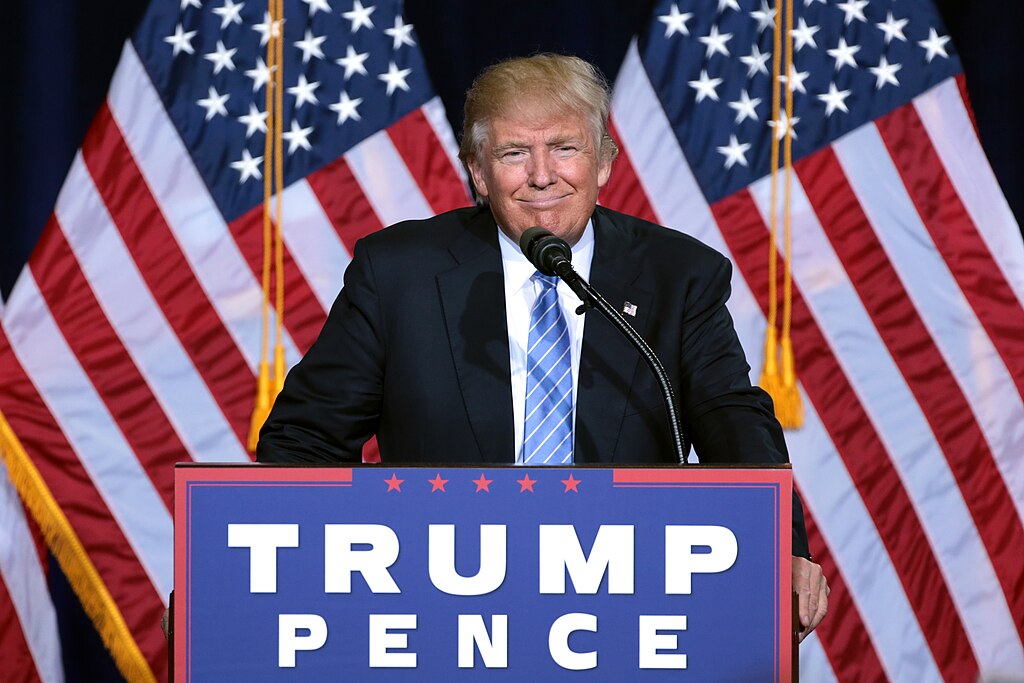White House pushes back after rare overnight ruling halts removals of Venezuelan migrants
The Trump administration is urging the U.S. Supreme Court to immediately lift its temporary block on deportations of Venezuelan migrants, calling an emergency request from the A.C.L.U. “fatally premature” and urging the justices to let the lower courts decide the matter.
In a 17-page filing on Saturday, Solicitor General D. John Sauer asked the justices to “dissolve” their administrative stay—issued just hours earlier—that paused deportations of detainees accused of belonging to Tren de Aragua, a violent gang operating in South America. The rare overnight order temporarily blocked the removals as the high court considers the broader emergency application filed by the American Civil Liberties Union.
“The applicants improperly skipped over the lower courts,” Sauer wrote, accusing A.C.L.U. lawyers of rushing to federal appeals court and then to the Supreme Court within minutes—before the government could even file its opposition. He argued that the lower courts must be given a chance to evaluate the case before any high court intervention.
The unfolding legal fight is the latest chapter in the Trump administration’s aggressive deportation policy. The government is using the rarely invoked Alien Enemies Act, an 18th-century wartime law, to justify the mass removal of certain Venezuelans from a detention centre in Texas. According to the A.C.L.U., some detainees had already been placed on buses headed for the airport when they filed their emergency appeal.
In response, the Supreme Court issued an unsigned, one-page order early Saturday, freezing deportations while it considers the application. It invited the solicitor general to file a response “as soon as possible.”
Sauer responded swiftly. In his filing, he insisted that the government had provided “adequate” notice to all migrants facing imminent deportation and had already agreed not to remove anyone with a pending legal challenge. He dismissed claims that notices were given only in English, arguing that such issues were fact-specific and not suitable for sweeping judicial intervention.
He also rejected the A.C.L.U.’s attempt to frame the matter as a class action, saying each migrant’s situation was too unique to be grouped under one legal umbrella. “Determining whether a detainee is entitled to relief under the Alien Enemies Act is inherently too individualised,” he wrote.
The solicitor general was notably silent on whether deportations had already begun, and whether buses carrying detainees had reached the airport. He accused the A.C.L.U. of “speculating” about imminent removals without hard evidence.
The stakes are high. The case touches not just on the rights of detainees, but also on the scope of executive power during times of national security concern. While the administration insists it is targeting gang-affiliated migrants, civil liberties advocates warn the move could set a dangerous precedent.
The A.C.L.U. argues that the administration’s fast-track deportations deny due process and rely on unverified allegations. They want the court to halt all removals until the full case is heard and each detainee has the chance to argue their claim.
The justices can act at any time in emergency applications, meaning a decision could come within hours or days. For now, the deportations remain paused—but the clock is ticking on one of the most consequential immigration cases of the Trump presidency.




